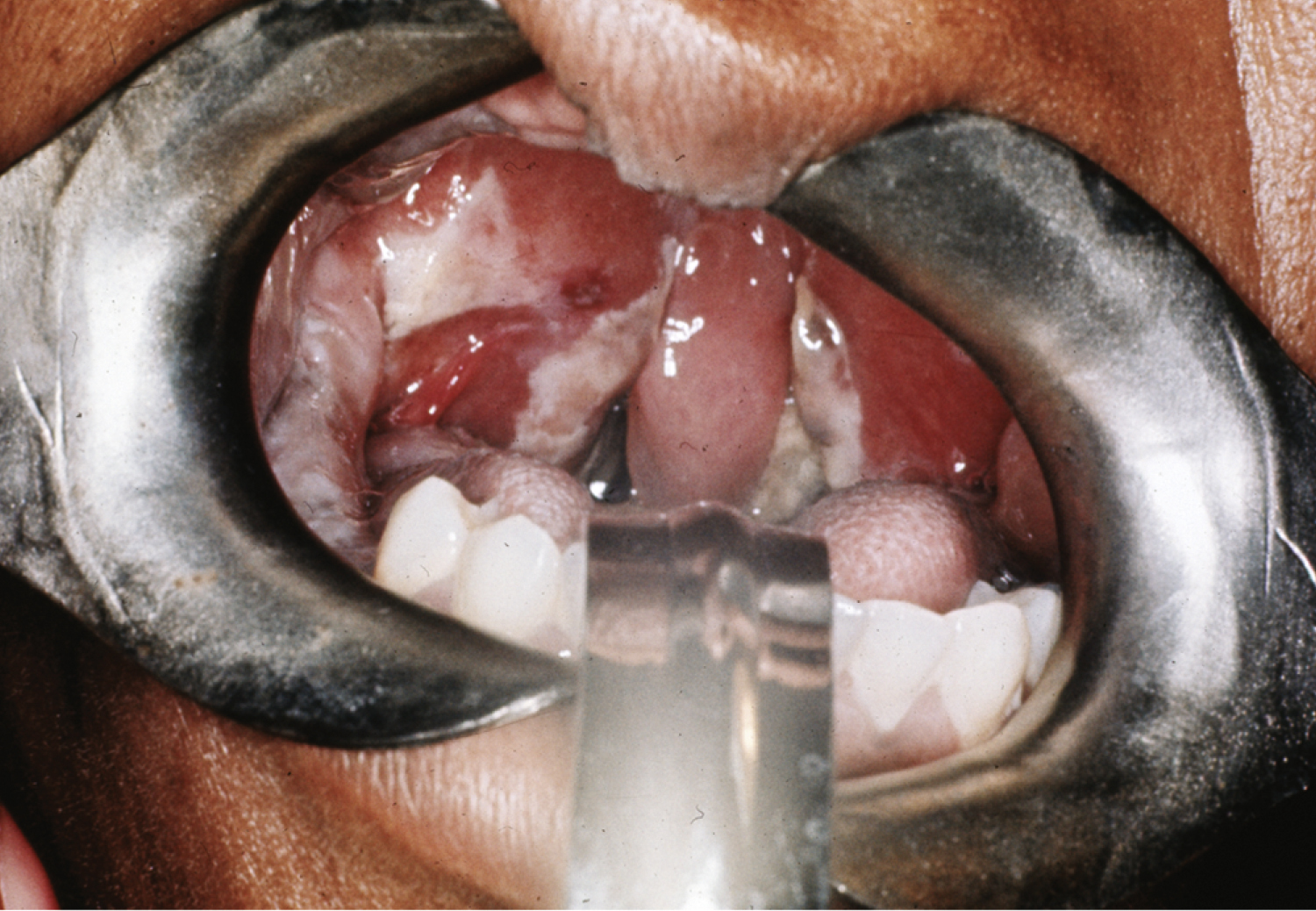diphtheria /difthir″ē·ə, dipthir″ē·ə/ [Gk, diphthera, leather membrane] , an acute contagious disease caused by the bacterium Corynebacterium diphtheriae. Untreated, the disease is often fatal from respiratory obstruction or heart and kidney failure. See also Schick test. ▪ OBSERVATIONS: Diphtheria is characterized by the production of a systemic toxin and an adherent false membrane lining of the mucous membrane of the throat. The toxin is particularly damaging to the tissues of the heart and central nervous system, and the dense pseudomembrane in the throat may interfere with eating, drinking, and breathing. The membrane may also be present in other body tissues. Lymph glands in the neck swell, and the neck becomes edematous ▪ INTERVENTIONS: Patients are usually hospitalized in isolation rooms. Treatment of the isolated patient may include administration of diphtheria antitoxin, antibiotics, rest, fluids, and an adequate diet. Tracheostomy is sometimes necessary. ▪ PATIENT CARE CONSIDERATIONS: Recovery is slow, but it is usually complete. Immunization against diphtheria is available to all children in the United States and is usually given in conjunction with pertussis and tetanus immunization early in infancy.

